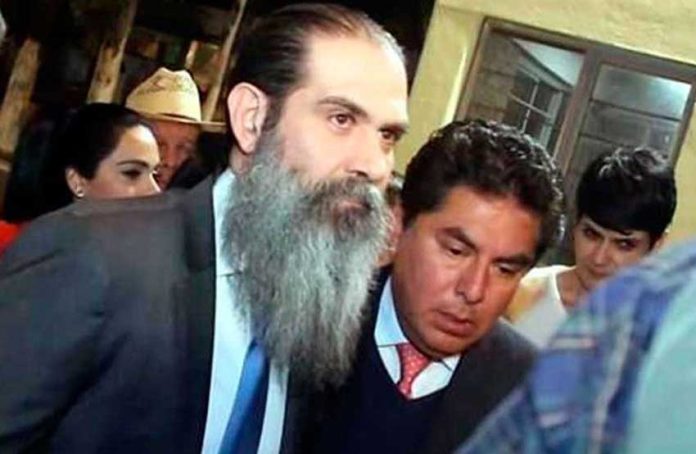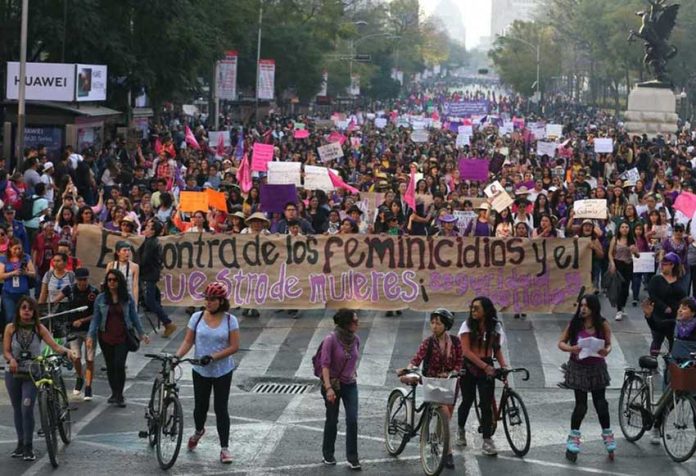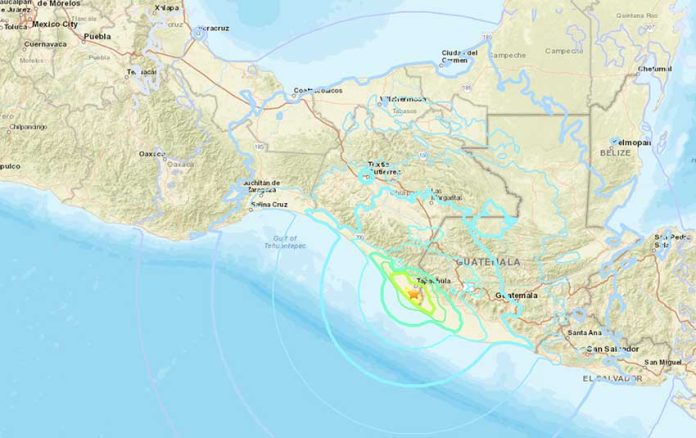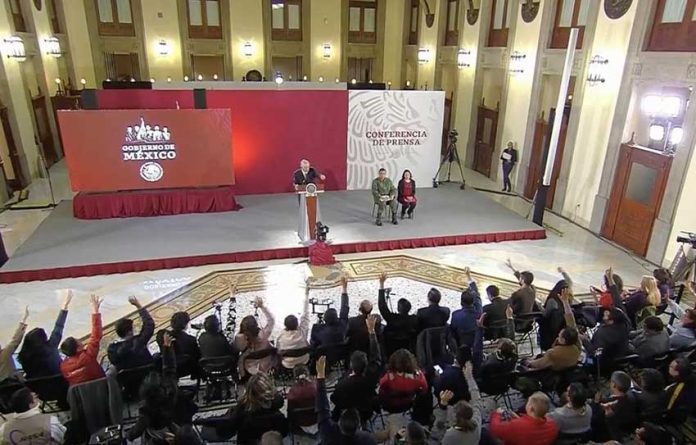A former governor of Sonora has been released from prison on bail more than two years after he was placed in preventative custody on corruption charges.
Guillermo Padrés Elías left Mexico City’s Reclusorio Oriente prison on Saturday night after a federal judge accepted two properties owned by relatives of the ex-governor as security.
Padrés, who governed Sonora from 2009 to 2015, had been in prison since November 2016 after he was arrested on charges of money laundering, tax fraud and organized crime.
Authorities in Sonora are also investigating dozens of other officials who served in Padres’ government who allegedly embezzled more than 30 billion pesos (US $1.6 billion) in public funds.
In a statement, the Sonora Anti-Corruption Prosecutor’s Office (FAS) said the ex-governor has not been absolved of the charges against him.
“It should be noted that he hasn’t been declared innocent, his [legal] processes continue and he will have to periodically report . . . to the judges hearing his cases, he must wear an ankle bracelet and must not leave the country without authorization. It is important to mention that Padrés Elías, to the present day, faces two federal criminal proceedings,” it said.
One of the two properties put up as bail is a 7,000-square-meter ranch valued at more than 31 million pesos and owned by Padrés’ father-in-law, while the other is an 8,800-square-meter parcel of land valued at almost 11.8 million pesos and owned by the ex-governor’s brother-in-law.
The two properties, both located in Sonora, together cover the 40-million-peso (US $2.1-million) amount set as bail.
Padrés left the prison sporting a long beard in sharp contrast to the well-trimmed moustache he used to wear.
He didn’t make any comment to the waiting media contingent but later released an audio recording saying that he was with his family and “very happy” to be free.
“I send all of you a big hug, I hope to see all of my friends soon . . . The only word that comes to mind is thank you. I’m free now cabrones [assholes] . . .” he said.
The former National Action Party (PAN) governor’s release from jail follows an impassioned plea for help that Padrés made to President López Obrador late last year via a recorded message submitted to journalist Ciro Gómez Leyva.
“Mr. President, I’m sure that you won’t allow the old practices of the PRI [Institutional Revolutionary Party]. I raise my voice because I’m sure that you won’t allow those who remain from the old system to continue threatening me. You won’t allow them to continue killing me day by day. I raise my voice to ask you to help me. Mr. President, I ask you to help me and give me my freedom,” he said.
Padrés also maintained that he is innocent of the crimes of which he is accused.
“I denounce that I have been denied the right to a fair trial. I’m a political prisoner. I live in a hell . . . They [the former government] have accused my family and imprisoned my son for more than nine months to pressure me to accept crimes that I didn’t commit, and they did it without any proof. They wanted me to implicate myself in crimes that I didn’t commit,” he said.
López Obrador said this morning that he respected the decision to release the former governor.
“I respect the decision of the judicial authority and what’s clear in this case is that the new government doesn’t act by making orders, it doesn’t force any judge to punish anyone . . . We’re respectful of the independence of the judicial power, there’s no political persecution, the government is not used to go after opponents as was the custom . . .” he said.
Source: El Universal (sp), Infobae (sp), Milenio (sp)







